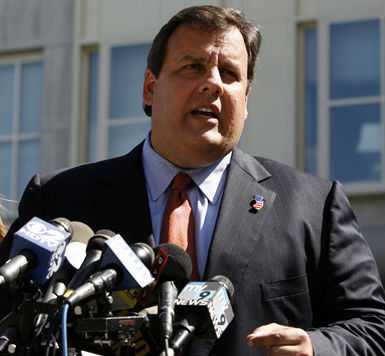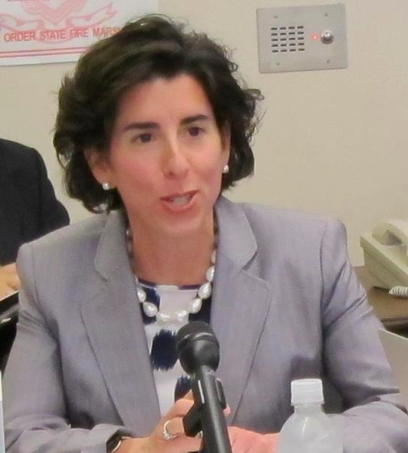Pension360 covered last week the reported interest in Indian investments expressed by the Canadian Pension Plan Investment Board (CPPIB). Today, that interest became much clearer, as the CPPIB announced plans to open an India office in Mumbai.
More details from the Economic Times:
Canada Pension Plan Investment Board (CPPIB), the giant pension fund that makes private-equity investments, plans to open an India office and has hired Kotak Realty Fund executive V Hari Krishna as a key member of its local team.
Krishna would join CPPIB in the coming month from the Kotak fund where he was a director for more than nine years, said two people having direct knowledge of the matter. He has also worked at real estate consultancy firms in the pat.
The proposed India office will be the second for CPPIB in an emerging market, indicating the fund’s growing focus on India where the economy is expected to turn around after two years of sub-5 per cent growth. “The India office will be set up in Mumbai in the next two-three quarters and CPPIB intends to do direct transaction over the next 12-18 months,” said one of the two people. “The fund has been looking to hire heads for real-estate, infrastructure and equities for India to drive investment.”
The pension fund refused to comment on office opening or recruitment in India, including of Krishna. “As a growing global investment organisation, we do look at expansion to more locations,” said Mark Machin, senior managing director and president of Asia at CPPIB. Krishna didn’t reply to a text message seeking comment.
The CPPIB appears to be primarily interested in Indian infrastructure and real estate investments. From the Economic Times:
In June this year, it offered to invest around $322 million in India’s infrastructure sector through L&T Infrastructure Development Projects, a unit of Larsen & Toubro.
It offered another $250 million in a strategic alliance with Piramal Enterprises to provide structured debt financing to residential projects across major urban centers this February, and a $200 million strategic alliance with the Shapoorji Pallonji group to acquire stabilised office buildings that are foreign-direct-investment compliant in late 2013.
“India is a key long-term growth market for CPPIB. The fund has committed approximately US $1.4 billion in India since 2010 and will continue to look to India for investments that fit with our long-term investment mandate,” CPPIB’s Machin said in an email response.
The CPPIB would not confirm or deny the plans for an India office.









